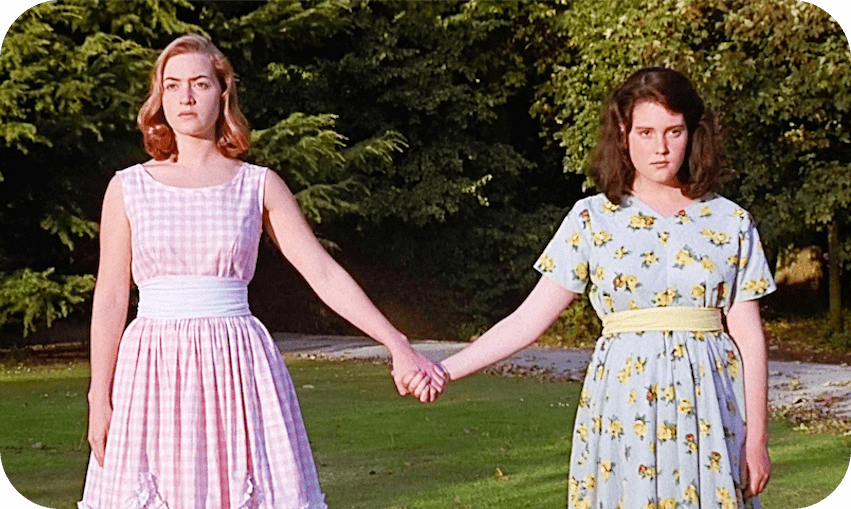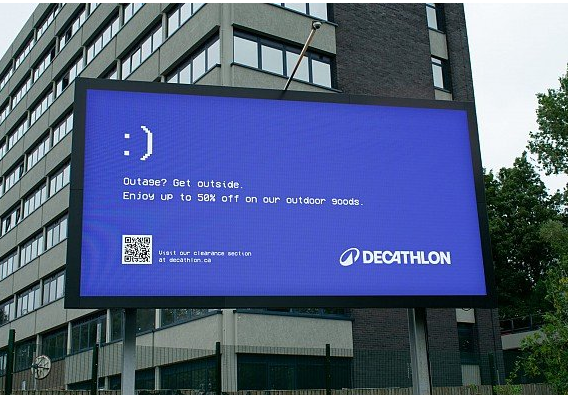Firefighters at one of the country’s busiest stations say they are clocking hundreds of hours in emergency overtime while struggling with faulty equipment, long hours, and a lack of trauma training.
FENZ is preparing to send fewer paid firefighters to call-outs if the threatened one hour national stoppages go ahead.
Photo: RNZ / Rayssa Almeida
The Professional Firefighters Union (NZPFU) has given notice of one hour national stoppages at the end of month after failed negotiations with Fire and Emergency New Zealand.
At Auckland’s Central Fire Station, Andrew Horst has been a firefighter for more than 20 years.
The strike notice was not about pay, he said.
“It’s about firefighters feeling that they are letting their fellow crew mates down if they don’t turn up to work. So, it’s quite an anxiety and a guilty firefighter’s experience knowing that would be a shortage of personnel.”
Senior firefighter Conrad Pentecost has 26 years’ service and said he felt sorry for anyone starting out.
As a union member, he said it was very difficult to deal with FENZ, many claims were longstanding, and it should not have gone as far as a strike looming.
Faulty equipment and a lack of staff had been discussed for some time, without luck, Pentecost said.
“Everything seems to be a fight if something is going wrong to get it fixed correctly. It shouldn’t be.”

One of the fire engines at Auckland’s Central Fire Station with messages on it indicating how firefighters are feeling about their current work situation.
Photo: RNZ / Rayssa Almeida
Staff shortages affected not only the big cities but left small communities vulnerable, he said.
“Volunteers units are called in from out of their own areas. Now they are contracted to look after their small areas of town. They are not contracted to come out of those areas and work in the central city. Who is covering their areas?”
Some firefighters say they are regularly working 80 to 100 hour weeks to ensure stations can respond to emergencies.

The nature of the job changed after an agreement which saw fire crews acting as first responders, Cameron Graham said.
Photo: RNZ / Rayssa Almeida
Cameron Graham has been a firefighter for 12 years.
Since Christmas he had clocked more than 700 hours’ overtime, he said.
“It’s a lot of time away from my family, away from my partner. If I don’t go to work and that truck rides down then my colleagues are not only at a heightened level of risk, but the community is also at risk,” he said.
Overtime happened regularly, he said.
“A lot of it was emergency overtime which is when we are struggling so much that they send a mayday text for anyone that can work. It doesn’t matter if it’s your day off or if it’s between shifts you just have to cover that vacancy.”
Since 2014, in a partnership with St John, fire crews started to act as first responders for some life-threatening incidents, like heart attacks, violent crime and attempted suicide.
Graham said that it changed the job.
“We have been put into situations that we don’t have the training, like gunshot wounds, stabbings. This recent spate of crime increase in Auckland, it has seen us faced with some pretty advanced trauma care and we are certainly not provided with the standard training required.”

The Professional Firefighters Union has given notice of one hour national stoppages at the end of month.
Photo: RNZ / Rayssa Almeida
FENZ response
Fire and Emergency New Zealand (FENZ) national commander Brendan Nally said the union had not moved from its original position despite 13 months of negotiations and 29 days of bargaining.
FENZ was preparing to send fewer paid firefighters to call-outs if work stopped but volunteers would be on hand, he said.
In a statement, Nally said FENZ acknowledged that firefighters were working too much overtime across the country at the moment, especially during weekends.
A great deal of the current high level of overtime had to do with Covid, he said.
Like all organisations at the moment – firefighters were off sick in greater numbers and some career firefighters left because of the vaccine mandate, Nally said.
FENZ was recruiting more firefighters, and firefighters were no longer subject to a vaccine mandate, he said.
It had a Fatigue Management Policy, which set out the obligations that all personnel (career and volunteer) and their supervisors monitored and managed the risks of fatigue,
FENZ had clear policies and procedures in place to ensure firefighters were looked after and it continued to monitor overtime levels, the statement said.
In relation to Auckland Central, Nally said there were enough trucks and enough capability to respond to 111 callouts as well as adequate first-aid training, mental health support and counselling.
Mediation between the union and FENZ is happening on 10 and 11 August 2022.





















Discussion about this post